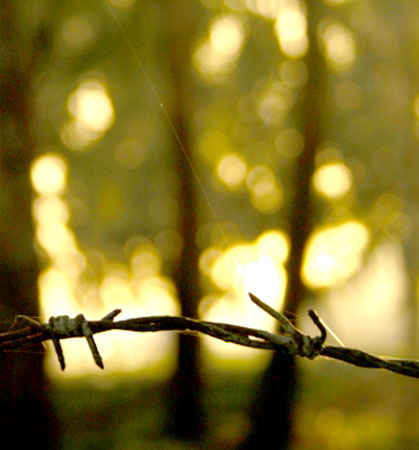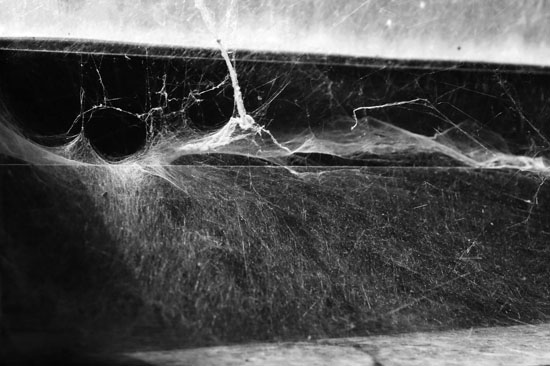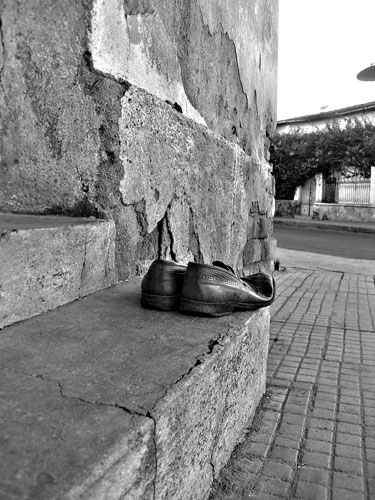Poets are targeted because…
Abraham T. Zere
March 2016

“Why jail a poet?” asks Randee Silv as she discusses the case of Qatari poet Mohammed Ibn al-Dheeb al-Ajami, who had been targeted by the tyrannical rule of his country. [Fortunately the poet was later released.]
Why do tyrants jail poets? The answer is simple: they can’t stand any deviation from their prescribed world outlook. Characteristically, all dictatorial regimes become increasingly intolerant of any sound, image or phrase that reveals even the slightest hint of defiance.
Let me elaborate on this in the context of Eritrea, my homeland.
To set the scene: Eritrea is listed as the last country (No. 180) on Reporters Without Borders’ 2015 World Press Freedom Index and the most censored country on the Committee to Protect Journalists (CPJ)’s 2015 list. It “is the least connected country on earth”; only 1 percent of Eritreans have access to the Internet (and even then, with a very slow dial-up connection). In addition, Eritrea is the “worst jailer of journalists in sub-Saharan Africa,” and the world’s worst abuser of due process” according to CPJ. Many journalists have been incarcerated incommunicado for more than 14 years.
Even poets and others in the Eritrean arts community, who are spared arbitrary arrest are frustrated and depressed by the pervasive censorship.
A proven mechanism of control is putting people in charge who either have an extreme distaste for the arts or a twisted “love” for them. You might remember Albanian leader Enver Hoxha, one of the worst dictators the world has ever seen. He claimed to be a poet, and had a fervent desire to be regarded as art patron. At the same time, he ordered the best writers out of the country.
Similarly, in Eritrea artists have been systematically humiliated and degraded. This has been spearheaded by a minister who claimed to be a poet, Ali Abdu. Before holding a ministerial position at a relatively young age, Abdu established his name as editor of a magazine. As a poet, he was widely renowned in 1995 for being awarded the Raimoc, Eritrea’s highest literary award. Later it was revealed that the winning poem had been plagiarized from poet Isaias Tsegay. When Tsegay published his poem in a poetry collection book, Abdu justified using the work by stating that he had the poet’s consent. Later, after Abdu became Eritrean Information Minister, Tsegay became one of his prime targets.
Ali Abdu served as Minister of Information for about 10 years before he finally fled the regime and requested political asylum from Australia in 2012. During his tenure in Eritrea, Abdu institutionalized an intense regime of censorship. The censorship unit, without exception run by bureaucrats with an inordinate distaste for arts, effectively silenced art production in the country, a state of affairs that continues today. In addition to the mundane humiliations many artists suffer in the censorship office, the unit strips all creativity and color from writing, songs, films and other works of art, rendering them simple and plain.
Most artists also must wait a ridiculously long period of time – about two years for a film, for example – in order to have their works approved. Poets are among the prime targets of the censorship unit.
[When singer-songwriter Ghirmay Andom, now exiled, submitted 10 lyrics for an album for approval sometime around 2004, none of them passed the screening. The censorship unit explained, “This is too short; double it,” “Cut this by half; it is too long,” “You can’t make a reference to national monument in such songs,” “When the country is facing lots of adversaries, it is unjustifiable to consistently sing about romance,” “You can’t make mention of ‘Lord’ in such songs,” etc., etc. They finally told him he had to completely revise the lyrics of the album.]
While Eritrea’s entire art community works under strict government control, poets, by the very nature of their work, are special targets for repression. When seven of the country’s private newspapers were banned in 2001 amid a political crackdown, 12 journalists were taken into custody. Among them were leading poets Fessahaye “Joshua” Yohannes; the recipient of Golden Pen Award, the poet Dawit Isaak, and Amanuel Asrat, the recipient of Oxfam Novib/PEN Awards for Freedom of Expression of 2015.
After the ban of private newspapers, the only media outlets became those controlled by the government. When the anxiety about criticism and dissension reached a climax, the government came close to banning the publication of any poetry. The gatekeepers suspected that poets were subliminally communicating subversive message.
Shortly after private newspapers were banned, the editor of the arts section of the government newspaper was preparing to publish a poem entitled “እንጣጢዕ” (“Flax”). The associate editor of the newspaper read the poem and could not make any sense of it. He asked for explanation and still could not grasp it. The associate editor decided the safest course was to ban the poem rather than risk controversy. He justified the decision by stating, “There is no way the fiber, flax, will read the poem? Why can’t those people write poetry that is easily understood and communicates to human beings?”

Painters, too, must have their works approved by the censorship unit before organizing exhibitions. To win that approval, they must explain the meaning of their artwork. While traditional Realist painters tackling patriotic topics would have little trouble offering an explanation, it isn’t so easy for abstract painters, and that would make obtaining approval much more difficult, if not impossible.
Any song that’s proposed for performance during the national holidays must go through three levels of censorship. The committee that handles the last stage of approval for any work of art slated for the national holidays is mainly composed of political appointees, headed by top party officials or ministers. The requirement to incorporate the recurrent themes of “patriotism and development” that have been hammered home for more than two decades strips creativity from the artistic process. That erosion of creativity is then exacerbated by the committee’s own excessive revisions. By the time the play or song reaches an audience, it sounds more like an editorial statement than a work of art.
In a state where failure to applaud the regime’s work and accomplishments is considered dissidence, state journalists are not spared. In February 2009, the educational Radio Bana, sponsored by Ministry of Education, was raided, with around 50 journalists and staff members taken into custody. In addition to the radio employees, the few poets working for the Ministry of Information, Sports Commission, Civil Aviation Department and Ministry of Defense were plucked from their respective work places and taken into custody.
Ali Abdu is widely believed to have masterminded the raid and subsequent ban of Radio Bana. Most of the journalists and staff were released after four years in prison, while the remaining six – the director of the radio station and five leading poets – weren’t released until after six years. Not surprisingly, none of them was charged or brought before an independent court.
…Again, why jail a poet? Because as the poet Abdellatif Laâbi explains, a poet is a “statistician of pain” and “fool of hope.”1
1 See Reiking, Victor. “Introduction.” The World’s Embrace: Selected poems of Abdellatif Laâbi. San Francisco: City Lights Books. 2003: xviii

All photographs courtesy of Yonatan Tewelde
